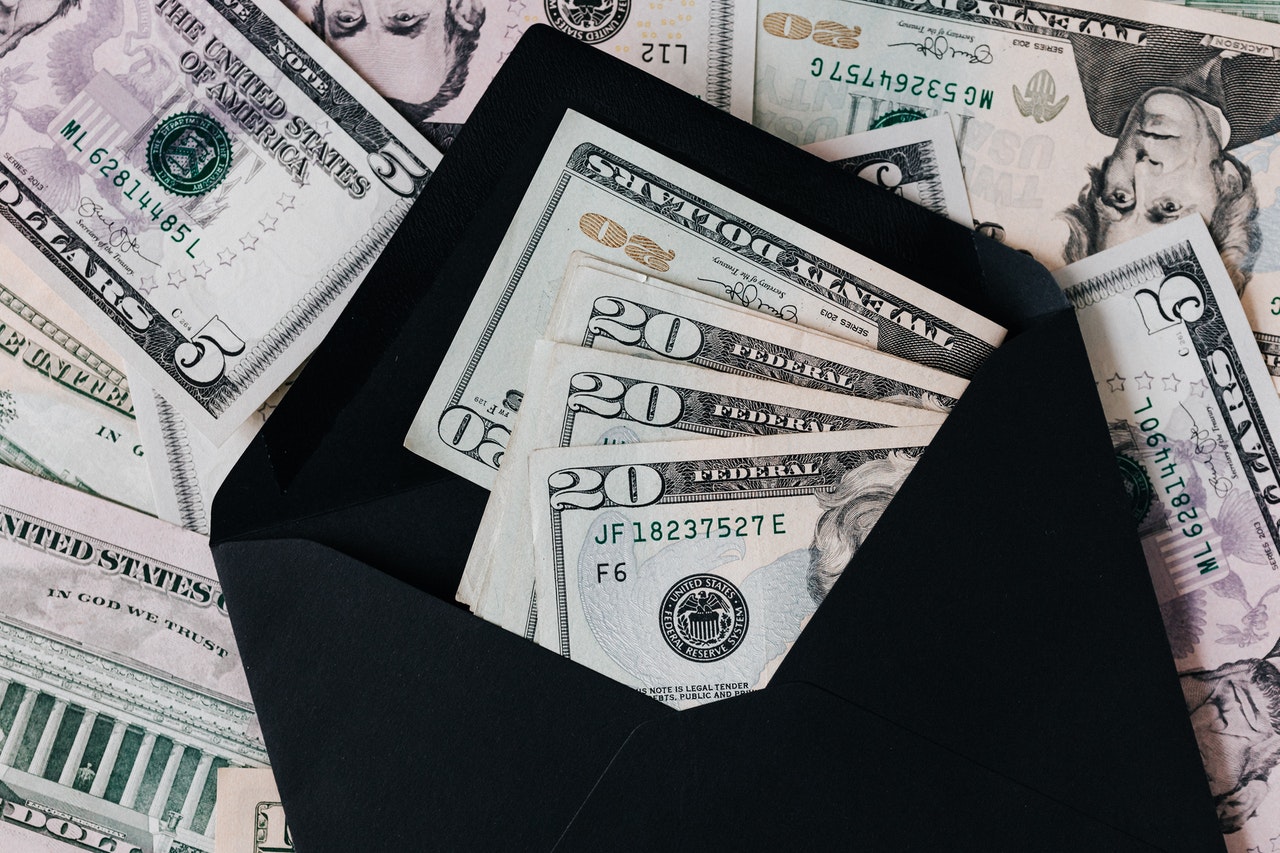
Holding the Government Accountable for Small Business Loans

Give me some rules with that shake. First it was a story about Shake Shack now it’s Harvard University and the anger about who gets what government money is growing.
It’s time to put real rules in place and allow real whistleblowers to do their job and have the government actually enforce such rules. It’s either that or drop the money out of a plane and don’t complain where it lands.
Ordinarily lying to obtain a Small Business Administration loan or a grant can carry serious liability. Most courts follow the rule that if the point of the loan or grant is not any particular contract, but the government program itself, lying to get funds like this carries full damages regardless of any performance or use of the money. Then that amount gets tripled by the False Claims Act if a whistleblower files a case, plus civil fines and statutory attorneys’ fees becomes the total liability. Then the defendant who lied to get your taxpayer money calls the whistleblower greedy for pointing out they lied, but I digress. Here nobody lied. They did not have to lie. Shake Shack did not lie, the law as written allowed such a company to qualify.
Harvard first said it would use all of the money it got under the CARES Act ($8.6 Million) for grants to students even though under the law it could have used half for something else. Then Harvard caved and agreed to give the money back.
I dislike Harvard as much as the next Ex-Bostonian, but it is interesting that when Harvard gets $8.6 million it is going to use for students on Pell Grants everyone is upset because Harvard is rich. Harvard did not get PPP money, but some other kind of CARES Act money allocated based on how many students the institution has and how many are on Pell Grants. You can argue that is a dumb way to hand out U.S. Government money. You can’t argue Harvard has no such students.
Now suddenly the very people who created the law and how it works are offended about who got this money?
In the absence of actual law and regulations, how is any of this to be administered well? It’s not going to be just a few million you wind up finding offensive. Sooner or later grants involving tens of billions as opposed to a few million will look bad.
For real protection of U.S. money, the government has to enact and maintain requirements. Not phony regulations, big businesses can use to pretend they are small businesses or huge institutions can qualify to obtain by being nonprofits with billions in assets. Otherwise, when the government drops the money out of a plane, it’s not really anyone’s fault for picking it up.
The visceral response, the anger these stories generated, in addition to more or less forcing Shake Shack to do the right thing and even impervious Harvard to eventually fold, ought to be a big warning to policymakers. We know the government is going to have to spend more, and we also know some businesses still won’t make it.
There will be hell to pay, if some do make it by cheating, even legalized cheating and there is no way to hold the cheaters accountable. Whose fault will that be?
The latest round of spending contemplated at least $310 billion for small businesses, which may be sufficient to last a full two days of applications, but maybe not three. How about spending a day to be sure we know what is legal with regard to how it is used and who really qualifies?
I’m sorry to be the bearer of bad news, but if we are lucky enough to survive this pandemic, at some point, we and not just Shake Shack are the ones who are going to have to pay this money back.












